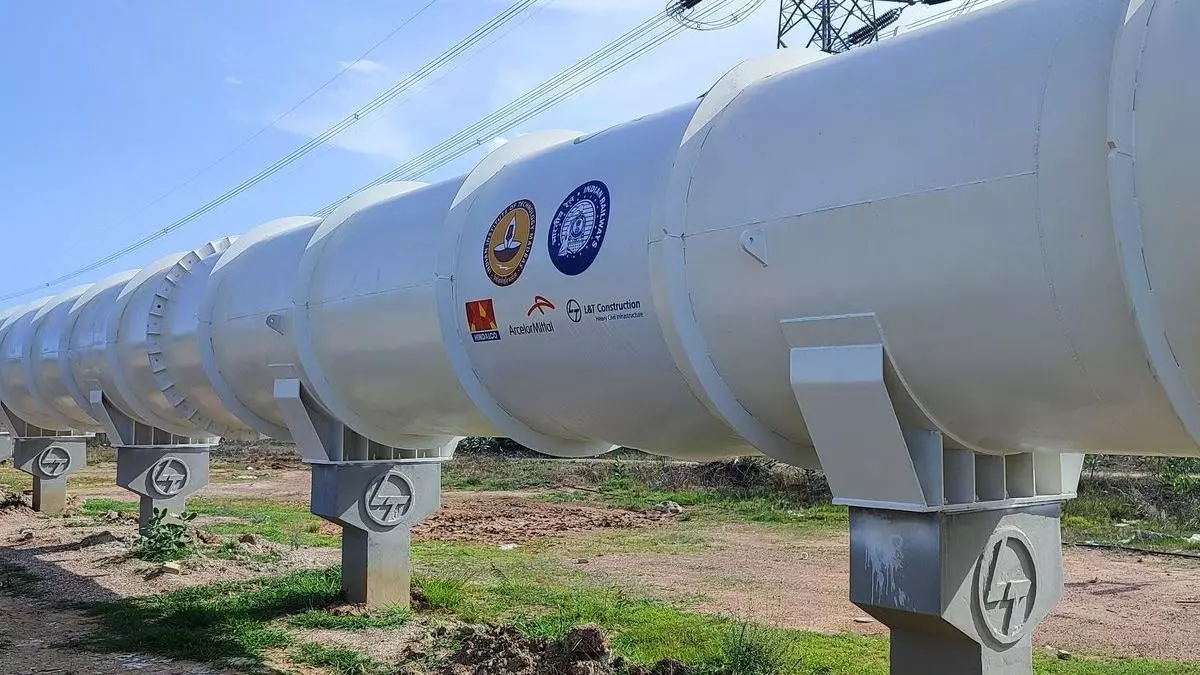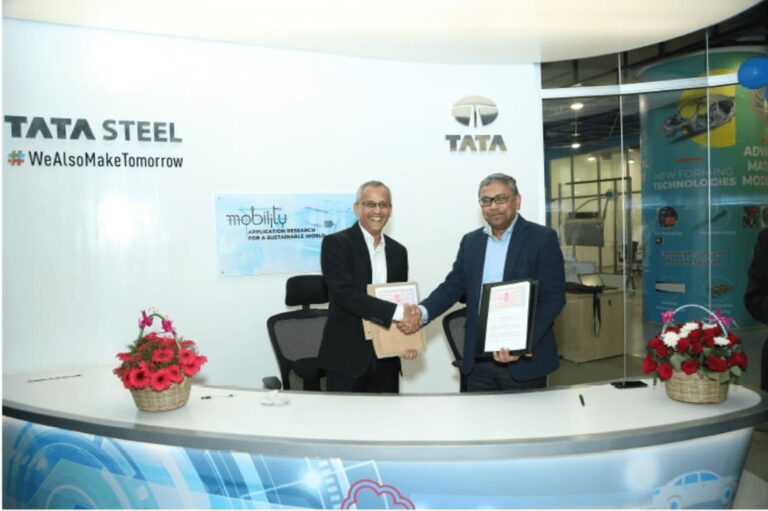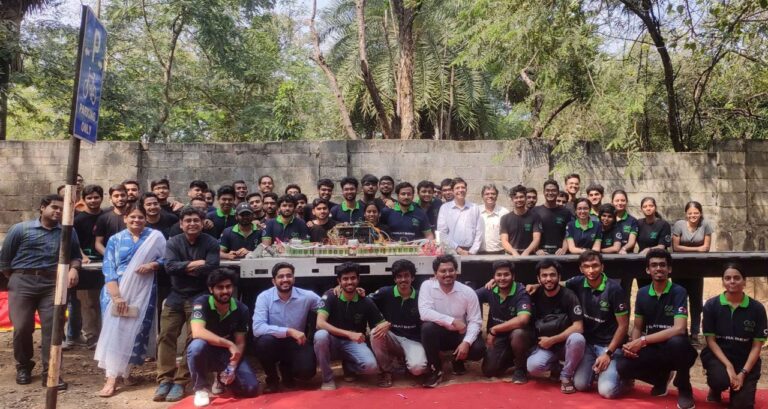The Discovery Campus of the Indian Institute of Technology, Madras, at Thaiyur will be the cynosure of global eyes in February 2025. Because that is when a global, college-level hyperloop competition will be held.
At the heart of the plan is a 410-metre vacuum tube that a team at IIT Madras will likely be ready by September 2024. If not the longest, it will be at least one of the longest vacuum hyperloop tubes in the world.
This will be the first time India will host such a competition, which earlier used to be held in the US and Europe.
Hyperloop
Hyperloop involves an electromagnetically levitating pod in a vacuum tube, eliminating friction and air drag, potentially allowing the pod to reach high speeds of over 400 km/hr.
The competition will make India a global centre for hyperloop research, said Satyanarayanan R Chakravarthy, Professor, Department of Aerospace Engineering, IIT Madras, and co-founder and advisor at TuTr Hyperloop, an IIT Madras incubated start-up.
Chakravarthy’s team is working on extending the tube to 450 m. “When that happens, we will have the world’s longest such tube,” he told businessline. Even at 410 m, we will be one to have such a long tube in academic institutions,” he said.
Funding
Indian Railways provided ₹8.34 crore for the project. The project was also supported by L&T Construction, ArcelorMittal, ArcelorMittal Design and Engineering Centre and Hindalco Industries.
“The current global competition does not have a vacuum tube facility. We expect that we can shift the centre of gravity of hyperloop technology towards India,” he said.
The US had leadership in this space but not any more. Europe is buzzing with this activity. In the Netherlands, they are setting up a 400 m tube. One of the European companies is setting up a circular tube in the US, he said.
There are at 3-4 teams in India and similar teams in Europe that are working on it. “We want them to come here and participate in a real-world scenario of a vacuum tube track where they can test their pods. This is not possible anywhere in the world,” he said.
“However, the hyperloop has to aim for (for example) Chennai to Bengaluru in 15 minutes (a distance of 350 km). That’s what we want to do. But, the soonest that we can get is at 600 kmph which will take 30-35 minutes, and it will be from the middle of one city to the middle of the other. It could be a metro station with very little security check,” he said.
“We are hoping that it can happen in five years. If enough funding is made available, we have plans that can be rolled in and executed in a five-year period. We are in talks with the Railways for such funding,” he said.



